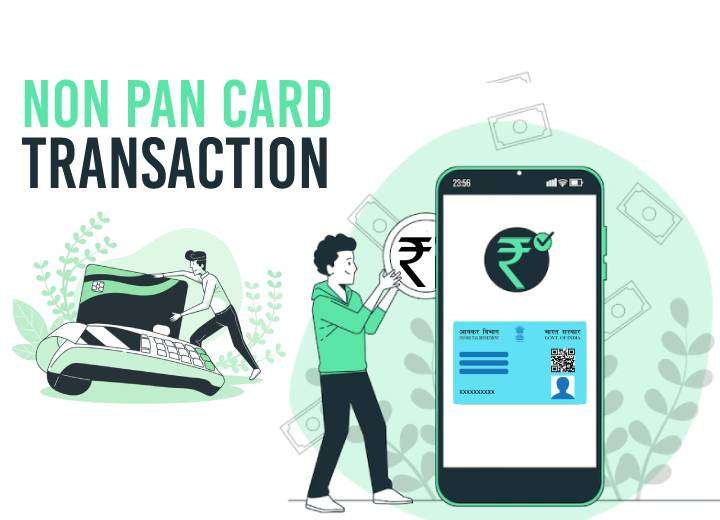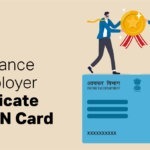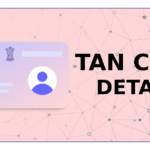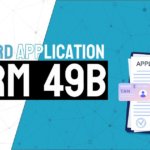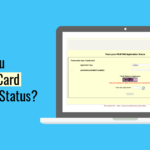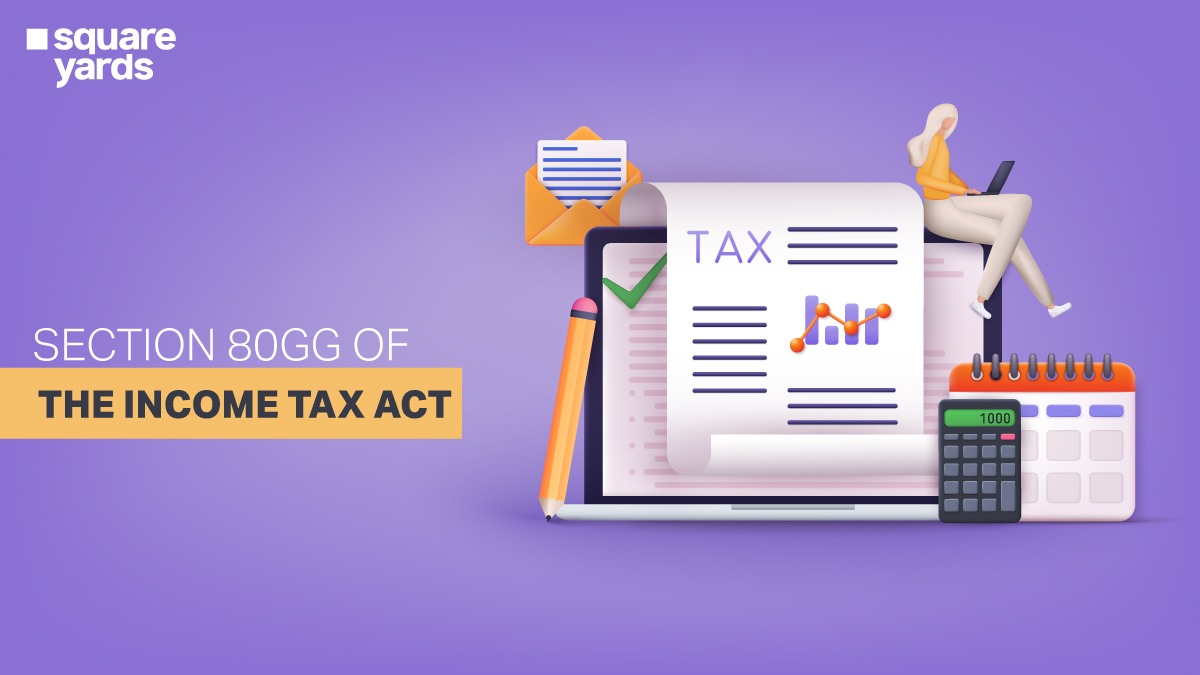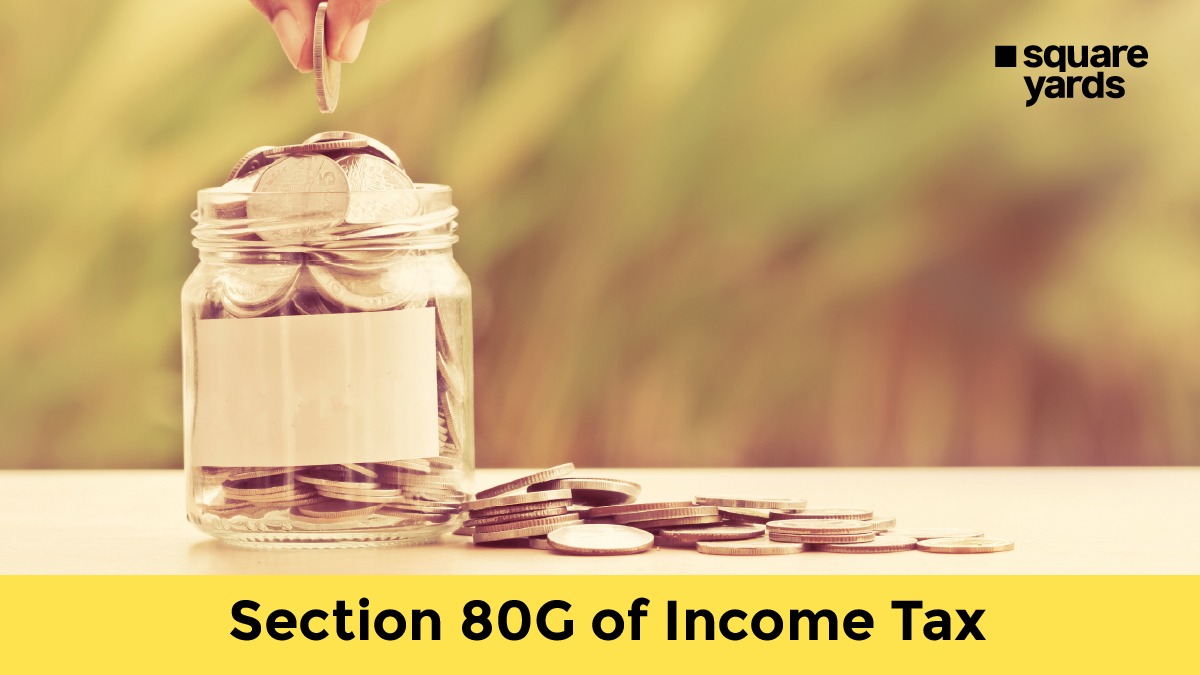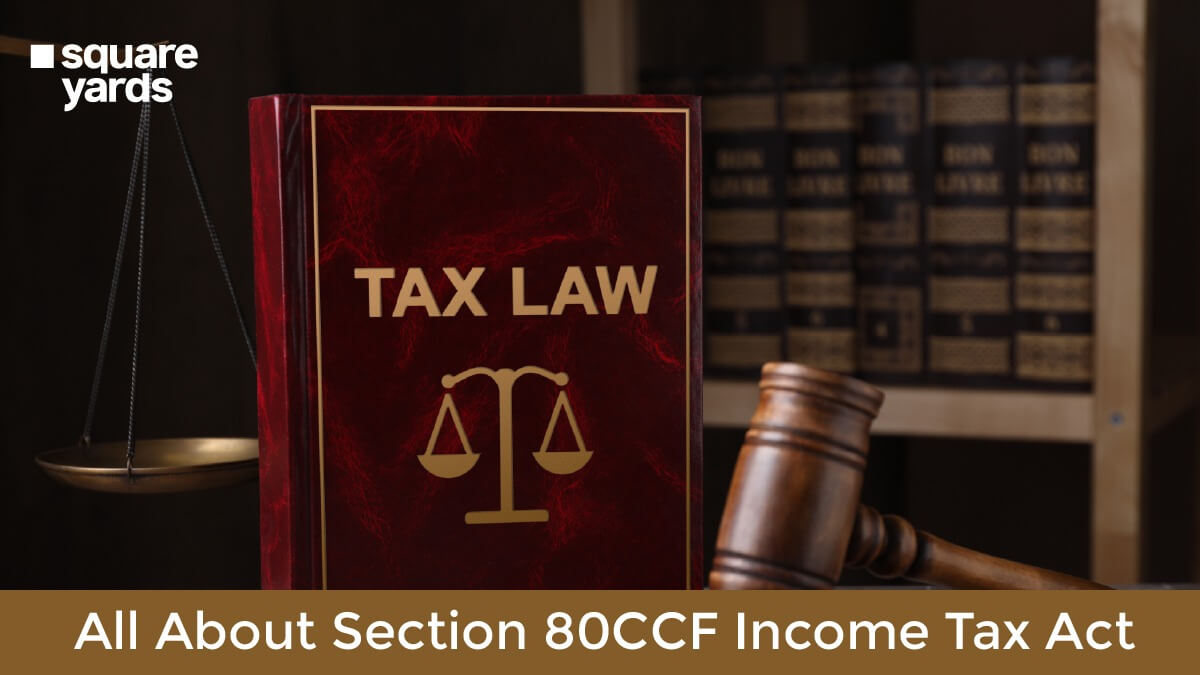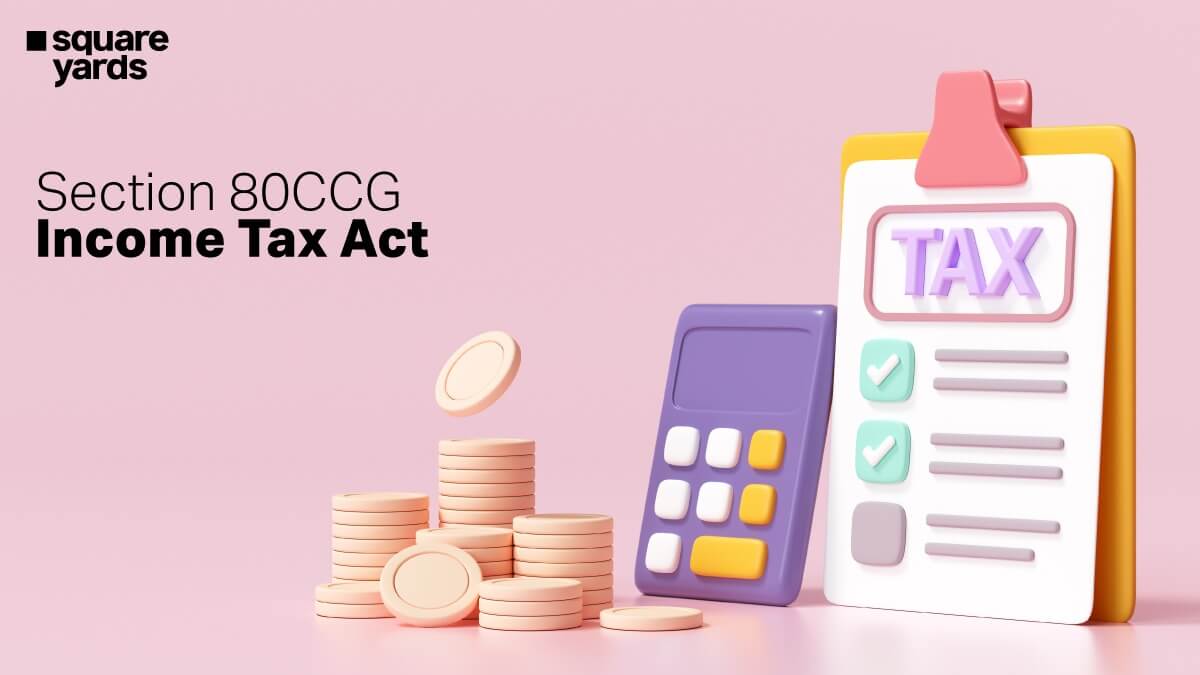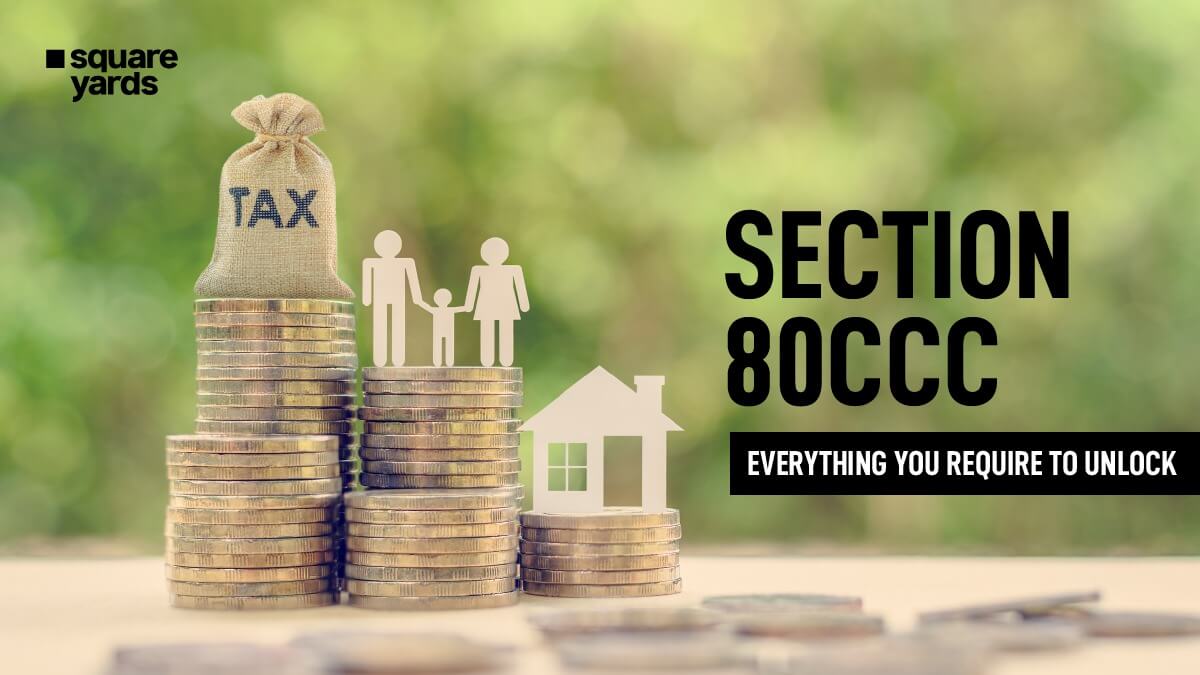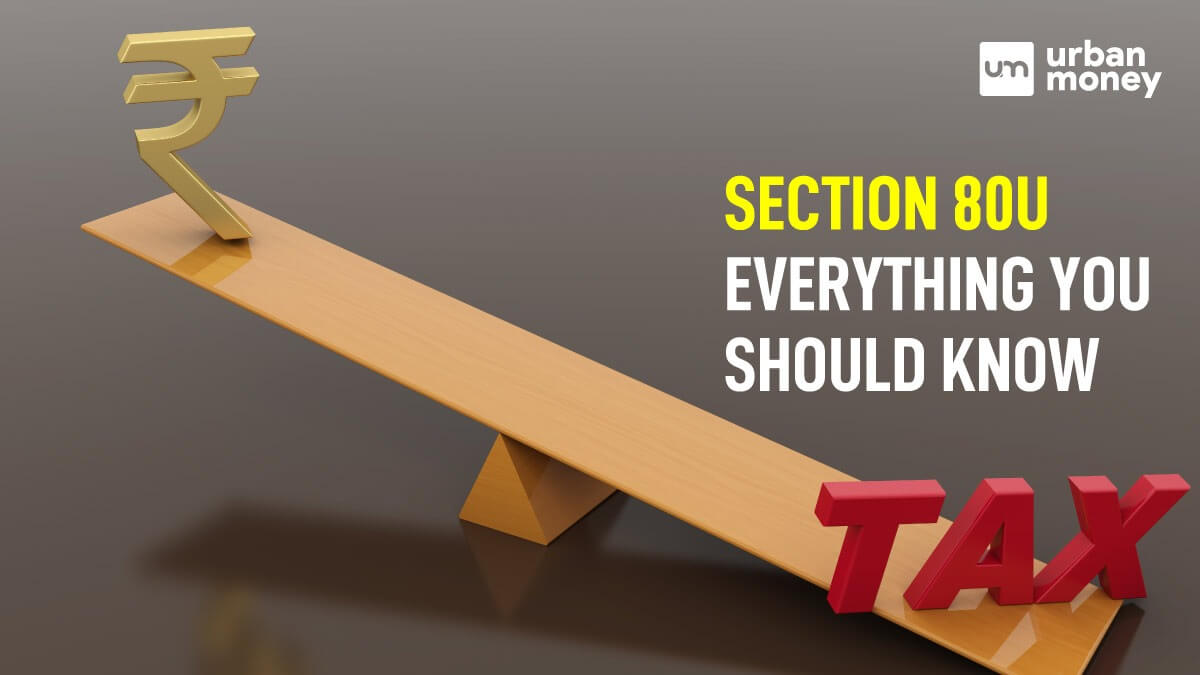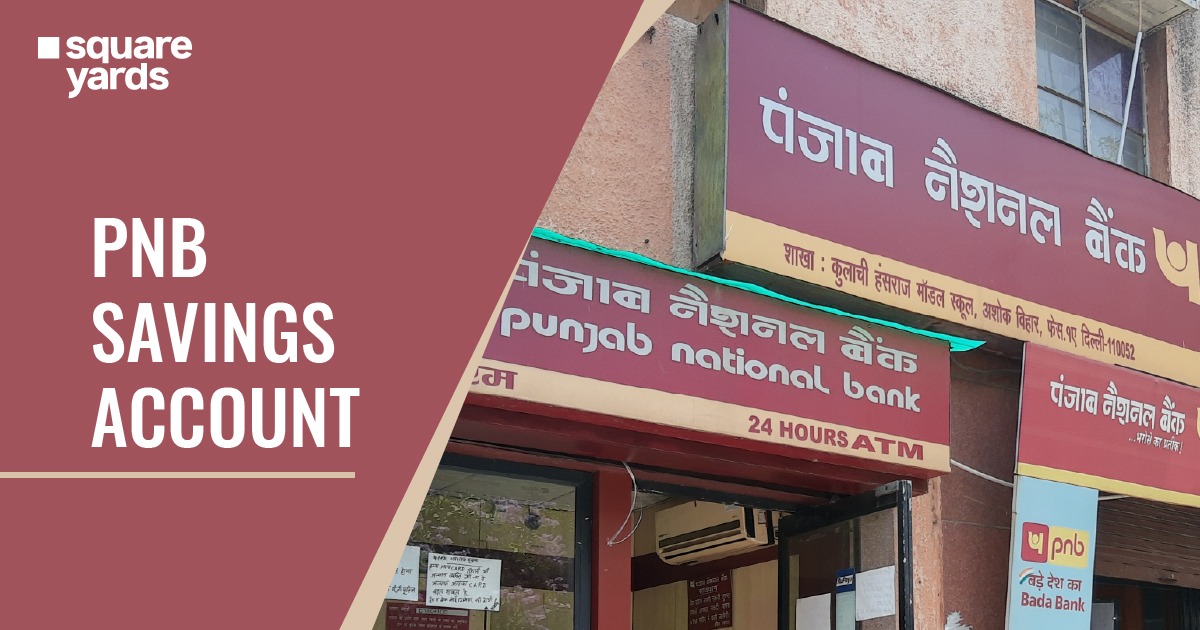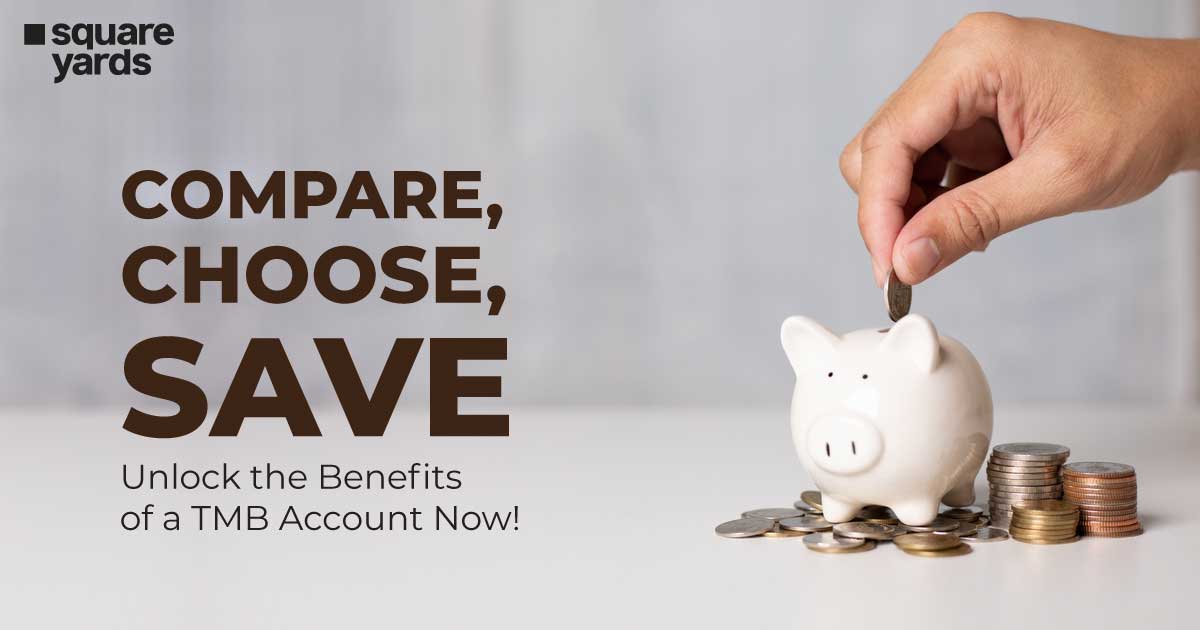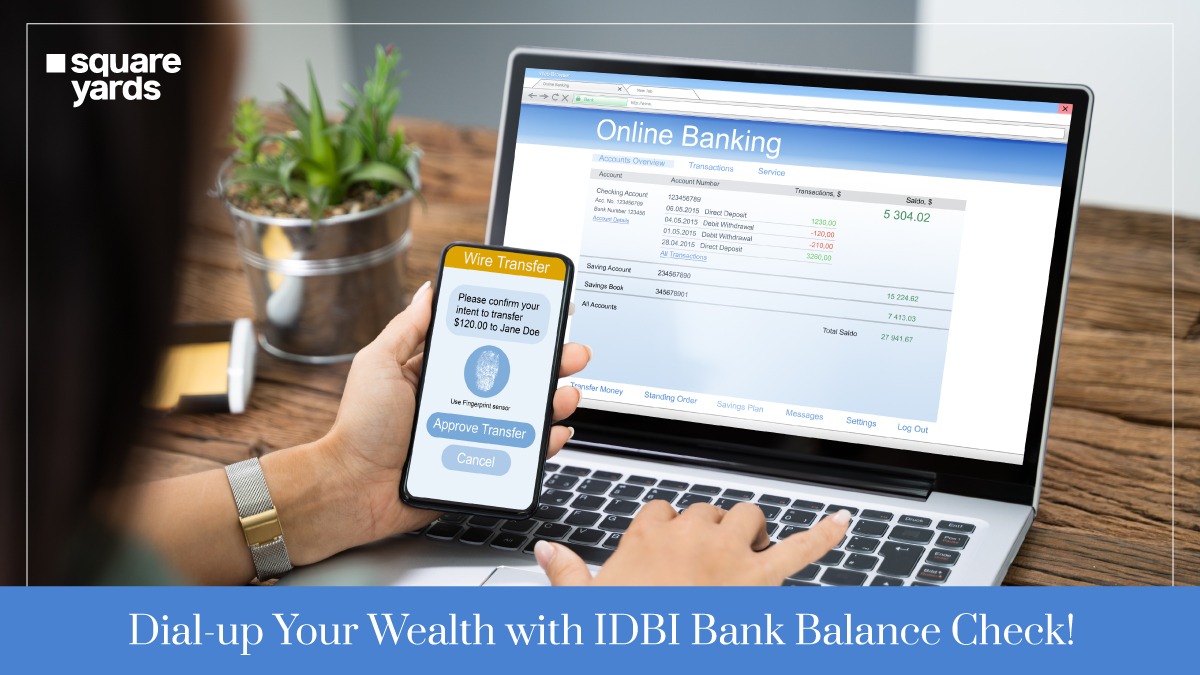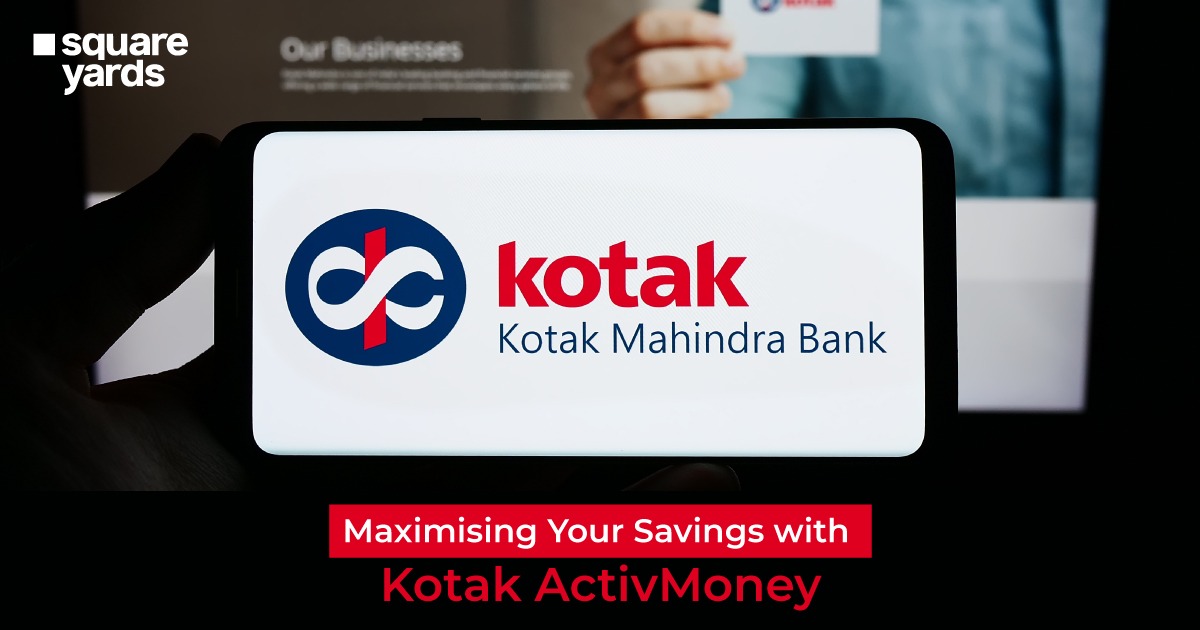From 1st April 2016, quoting PAN Card details for any transaction above Rs. 50,000 is mandatory. In case you don’t, you will receive a notice from the Income Tax Department regarding this high-value non-PAN transaction. So, if you are wondering what to do next, you are at the right place.
In this article, let’s know which transactions are known as high-value non-PAN transactions and how to respond to the ITD if you ever get a notice in this regard.
What is a High-Value Non-PAN Transaction?
Whenever you transact a high amount of money without submitting any of your PAN information, this is known as a High-Value Non-PAN Transaction.
Doing such high-value non-PAN transactions are noticed by the Income Tax Department. Therefore quoting your PAN information is a good idea. Below is the list that will inform you where to quote PAN numbers and limits on high-value financial transactions.
Which Transactions Are High-Value Non-PAN?
Here is the list of all the financial transactions for which you have to submit PAN details. If not, these will be considered high-value non-PAN transactions.
- Deposit Rs. 10 lakh or more in savings or post-office account in a single financial year.
- Equal to or more than one deposit with an amount equal to or more than Rs. 10 lakh between a financial year.
Note: All FD apart from the one done by the renewal of a matured account.
- Credit card payments more than Rs. 1 lakh (in cash) or Rs. 10 lakh (other modes than cash) in a single year.
- Buying mutual funds equal to a whopping amount of Rs. 10 lakh.
- Investing more than Rs. 10 lakh more in Debentures or bonds.
- Buying or selling immovable assets with a value of Rs. 30 lakh or more.
- Investing in shares with equal to or more than Rs. 10 lakh.
- When payment is in cash for buying money orders, bank drafts, banker’s cheque equivalent to Rs. 10 lakh or more in a simple financial year.
- Cash payments when purchasing prepaid instruments from RBI, for more than or equal to Rs. 10 lakh.
- Transactions in cash that add up to Rs. 50 lakh or more in a single year.
- Purchasing goods and services of any kind with Rs. 2 lakh or more.
- Selling foreign currency with more than Rs. 10 lakh value in a financial year.
Note: Foreign currency includes credit or exchange of foreign currency, investing or spending using credit/debit cards, draft or cheque of traveller or any other instrument.
- Repurchasing shares from another individual for a value of Rs. 10 lakh or more in a single financial year.
Note: Not for people who bought shares from an open market.
What if You Made a High-Value Non-PAN Transaction?
All the high-value transactions are reported back to the ITD. This reporting system helps in keeping track of all high-value non-PAN transactions. These high-value transactions are known as the Annual Information Report.
- If you are dealing with cash and credit cards, banks or post offices involved will report the transaction.
- When there is purchasing of shares and funds, Mutual fund companies or debentures institutes will report such transactions.
- When there is a property related transaction, the registrar or sub-registrar has to report it.
- When buying RBI bonds, RBI officers have to report this transaction.
Therefore, the high-value non-PAN transactions are known to the ITD of India. And, if you have conducted such a transaction, the Income Tax Department will send a notice to your place.
If you receive this kind of notice, then follow the steps below and resolve the issue of high-value non-PAN transactions.
How To Respond to ITD Notices Online?
If you have done any high-value non-PAN transaction, you will definitely receive a notice from the IT Department. However, you can respond to them and own or disown the transaction.
Note: IT Department has a new feature where you have to enter the Unique Transaction Sequence Number to know the transaction details.
To respond to the notice from the Income Tax Department, follow the steps written below:
Step 1: Login into the e-filing income tax portal.
Note: Register yourself if you are not registered.
Step 2: Select the option of Non-PAN transaction from the drop-down menu under the Compliance option. You can use the TSN (Transaction Sequence Number).
Step 3: Verify the transaction you want to see. On your screen, you can now easily see the details of that transaction. Press the Submit to View Further Details options to see every part of detailed information.
Step 4: See the details and select whether to accept or disown the transaction.
Further, steps taken by the Income Tax Department will depend on your response.
Frequently Asked Questions (FAQs)
What do you mean by a non-PAN transaction?
For depositing or a financial transaction of more than Rs. 50,000, one has to provide PAN details. But if someone does not submit their PAN information, it will be considered as a High-value Non-PAN transaction.
How can I deposit Rs.50,000 cash in the bank without PAN?
You can easily deposit Rs. 50,000 in the bank as it is the maximum amount that is acceptable without PAN. If you want to deposit more than Rs. 50,000, you will be required to submit your PAN details.
What type of transactions must income tax know about?
The Income Tax Department must know the bank transactions for cash deposits at fixed rates. Banks have to report to CBDT about individuals who deposit Rs. 10 lakh or more in a financial year.
How much can I deposit without a PAN?
Without PAN, you can deposit an amount of Rs. 50,000 in the bank without raising any suspicion.
Do banks ask about the source of money while depositing?
Yes, banks always ask about the source of money. It is because Indian law requires them to ask such questions. This law is known as AML- KYC. AML-KYC stands for Anti-Money Laundering, Know Your Customer. Once the source of money is known, they will enter the information on their computers. Further, these computers will validate the information and alert for suspicious transactions or amounts.


